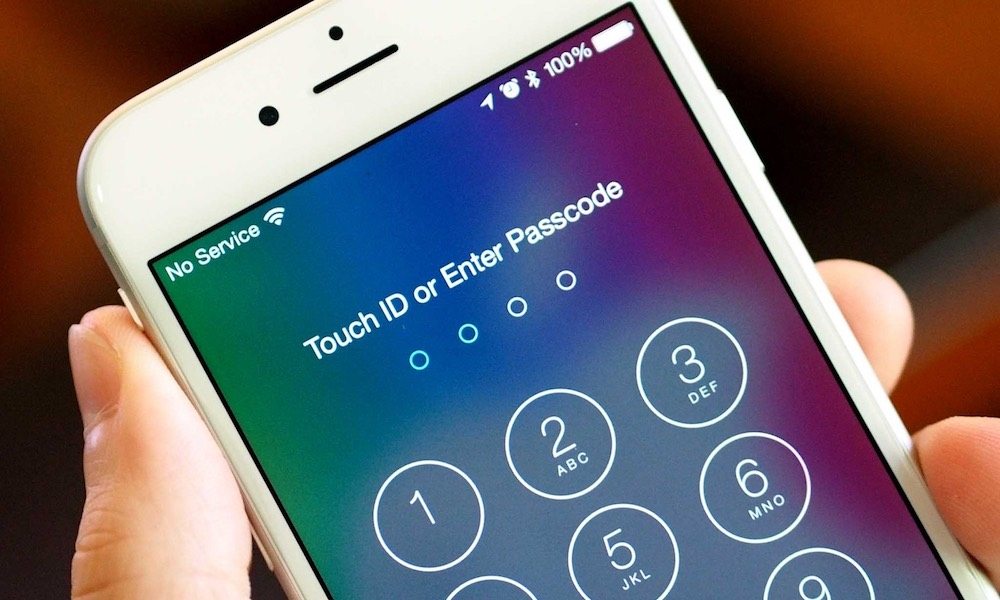Apple Offers Help, Gets Snubbed By FBI After Texas Church Shooting

Toggle Dark Mode
In the wake of last Sunday’s horrendous church massacre in Sutherland Springs, Texas, local authorities and investigators with the FBI revealed that lone gunman, Devin P. Kelley, was in possession of an unspecified iPhone model at the time he mercilessly gunned down 26 and wounded dozens more in the sadistic, coordinated attack.
Now, Apple has come out saying in a statement obtained by BuzzFeed News that it personally reached out to the FBI shortly after the attack in a bid to offer “assistance” getting into Kelley’s iPhone — even though the model, configuration, and security settings remain unknown, and Kelley, himself, is deceased due to a self-inflicted gunshot wound that capped his cowardly rampage.
Interestingly, while Apple appears to be taking the moral high-ground, FBI special agent Christopher Combs in a separate statement appeared to cast blame on the company in the wake of Sunday’s attack, indicating, without mentioning Apple by name, that tech-industry mandated encryption of user data is making it increasingly difficult for law enforcement to access information on electronic devices owned by nefarious actors, like Kelley.
“Law enforcement is increasingly not able to get into these phones,” Combs said at a press conference, while adding “I can assure you that we are working very hard to get into the phone.”
A Missed Opportunity?
Combs’ comments appear to have been questioned in a number of media reports following the attack, including by CNBC, who yesterday reported that FBI officials never actually contacted Apple in search of help getting into Kelley’s iPhone — especially when they could have, during the “critical 48-hour period” in which investigators could’ve technically used Kelley’s own fingerprint to unlock the device themselves.
Meanwhile, Apple in its statement contends that it did, in fact, extend an offer of help to the FBI once it learned that Kelley owned an iPhone.
Worth noting is that even though Apple ultimately offered to help the FBI, its material support would not have included simply giving the Bureau Kelley’s passcode or unlocking the device for them, which was a major issue of contention over which Apple and the FBI have previously sparred. For instance, back in 2015 when the tech-giant refused to help FBI officials unlock the iPhone 5c belonging to San Bernardino shooter, Syed Rizwan Farook, a fierce, lengthy, and otherwise expensive battle over encryption ensued.
Apple’s statement on the phone used by the Texas church gunman is quite something pic.twitter.com/RVwk13tM6U
— John Paczkowski (@JohnPaczkowski) November 8, 2017
Apple, however, indicated in its statement that it could have helped the FBI obtain other valuable information from Kelley’s iPhone, such as by helping “expedite legal warrant requests” to allow the Bureau legal access into Kelley’s iCloud account, where stored iPhone backups might exist and reveal crucial evidence.
FBI Fires Back
Considering the he-said, she-said nature of their argument, it might appear that the FBI is trying to use the shooting as an opportunity to push companies like Apple into being more cooperative and adopting weaker encryption policies. It’s also likely that the FBI simply doesn’t want to have to deal with Apple’s policies in the first place, and so it’s therefore trying to paint the iPhone, itself, as “the obstruction.”
At the end of the day, of course, it’s worth pointing out that the FBI ultimately lost its golden opportunity to get into the iPhone, considering there was the “critical, 48-hour window” during which they very easily could have. It’s interesting to think that had law enforcement asked Apple for help in a more timely manner, they could have potentially obtained the information they were looking for.






